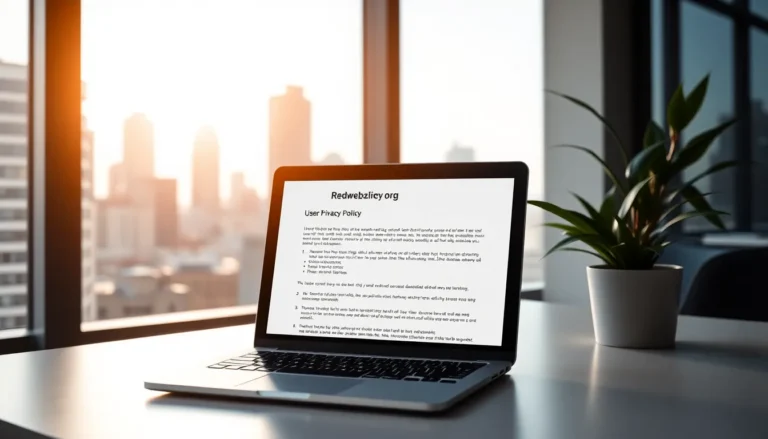Table of Contents
TogglePower is a concept often linked to dominance or control, but its true essence extends far beyond these simplistic definitions. It encompasses the strength to influence, inspire, and enact change both within oneself and in the world at large. Whether in personal growth, relationships, or professional endeavors, understanding how to harness and wield power effectively can open doors to limitless potential. This article explores the multifaceted nature of power, its role in everyday life, and the importance of empowerment in unleashing the best version of oneself.
Join us as we investigate into the various types of power and how they manifest, positively impacting our growth and relationships.
Understanding the Concept of Power

Power is a critical element in human existence, playing a pivotal role in shaping experiences and interactions. At its core, power can be defined as the ability to influence outcomes and affect change. It exists in myriad forms, rooted in personal attributes, social dynamics, and situational factors.
When people think about power, they might picture political leaders or corporate executives. Yet, power exists on a far more personal level. It can be as simple as having the ability to make decisions affecting one’s life or the influence one holds over friends and family. Recognizing the various forms of power empowers individuals to take control of their lives, making conscious choices that drive personal growth and fulfillment.
Types of Power in Everyday Life
Power manifests in several forms in daily life, ranging from personal to social. Understanding these differences is crucial for anyone looking to harness power effectively.
Harnessing Personal Power for Growth
Personal power stems from self-awareness, confidence, and the ability to enact change in one’s own life. It is developed through personal experiences, education, and resilience. Individuals who tap into their personal power often find they are more motivated, have clearer goals, and can pursue their passions more vigorously.
For instance, someone who recognizes their strengths and weaknesses is better equipped to make decisions aligned with their true self. This self-awareness allows for more authentic relationships, both personally and professionally.
Overcoming Obstacles to Achieve Power
Although personal power is vital, numerous obstacles can hinder one’s ability to harness it effectively. Fear, doubt, and societal pressures can stifle individual potential. Overcoming these barriers requires a robust mindset and a commitment to ongoing self-improvement.
Individuals may find it beneficial to engage in practices like mindfulness or coaching to navigate these challenges. Building a strong support network can also assist in fostering resilience and confidence.
The Role of Power in Relationships
Power dynamics play a fundamental role in all types of relationships, be it familial, friendships, or romantic. Understanding these dynamics helps individuals cultivate healthier interactions.
Balancing Power Dynamics
In relationships, power is often seen as a balancing act. It’s essential to ensure no one person holds excessive power over the other. Effective communication forms the backbone of any healthy relationship.
Parties should strive for equality, where both individuals feel appreciated and heard. Techniques like active listening and empathetic engagement can help maintain balance. When both people feel empowered, the relationship flourishes, leading to deeper connections and mutual respect.
The Importance of Empowerment
Empowerment is the process of enabling individuals to gain control over their lives and decision-making. It is a crucial element in both personal growth and healthier relationships.
Strategies for Empowering Yourself and Others
To empower oneself, setting clear goals is imperative. Individuals should take time to reflect on their aspirations and outline actionable steps to achieve them.
Mindfulness practices, such as meditation and journaling, can enhance self-awareness, making individuals more attuned to their desires and motivations. Sharing power is equally vital: empowering others can create a cascade of positive outcomes.
When individuals uplift those around them, they foster collaboration, community, and support networks. Whether in a work setting or personal life, recognizing others’ talents and encouraging them can lead to a synergistic environment.
Empowerment is not just about individual success: it’s about creating a culture that fosters growth, respect, and support.
Conclusion
To conclude, the concept of power is intricate and multifaceted. By understanding the different types of power and recognizing its role in personal growth, relationships, and empowerment, individuals can unlock their full potential.
Harnessing personal power allows for self-discovery and resilience, while balancing power dynamics enriches relationships. Eventually, fostering empowerment, both personally and for others, circulates energy that uplifts communities and cultivates lasting change. Taking the steps to understand and wield power effectively can lead to transformative experiences in both one’s life and the lives of others.







